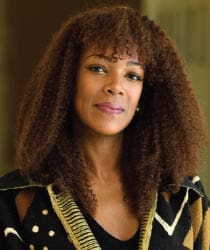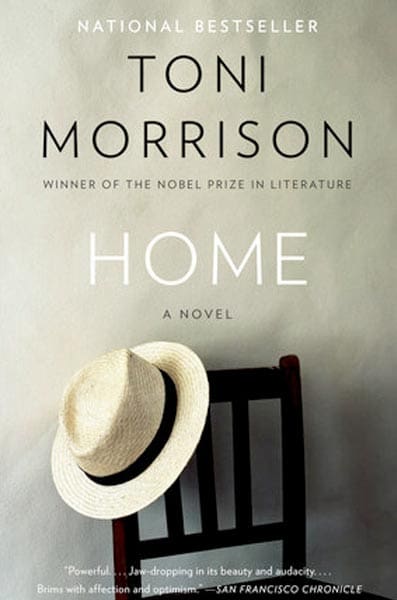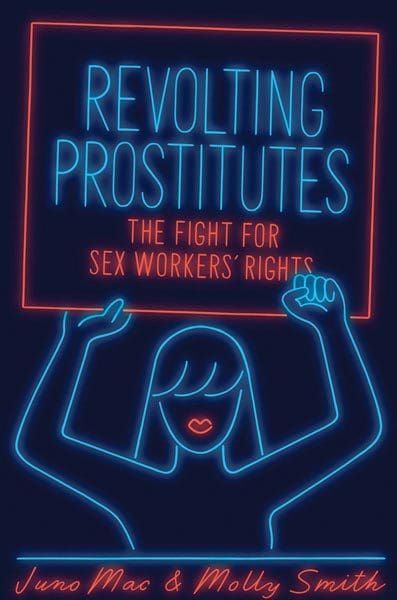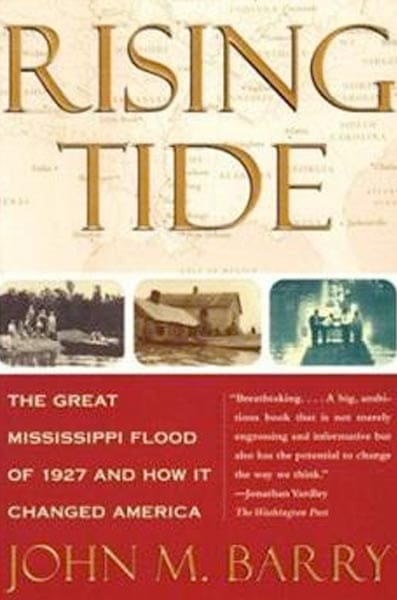
Kali-Ahset Amen, Assistant Research Professor, Sociology, Associate Director, Billie Holiday Project for Liberation Arts

I just turned the last page on Toni Morrison’s beautiful and concise novel Home. A Homeric story of a hero’s return to the small town that reared him, Home is like blues music with binding and a spine. I knew that Morrison’s lush storytelling, celebrating ordinary Black families, would grant me comfort for these uncertain times. Her characters always feel like family to me. I find their courage and humble triumphs uplifting. I have felt beleaguered lately by the loss of so many precious lives to COVID-19 and police-involved killing. But as I do every few years, I made my way back to Morrison because I knew she would have the right treatment to soothe my soul: a dose of simple beauty and a blunt reminder to stay the loving course. For life and loss are one. This, too, shall pass.

Hanna Pickard, Bloomberg Distinguished Professor, Philosophy

Sometimes you read a book that changes how you think about something entirely and irrevocably. Revolting Prostitutes: The Fight for Sex Workers’ Rights did that for me. It is a raw and brilliant book, written by Juno Mac and Molly Smith, two sex workers and feminist theorists. I had grown up on feminist theory that argues for the criminalization of the buying of sex—if not the selling of it. While not flinching from exposing the wrongs of a world where men buy sex and women live in conditions that push them to sell it, Mac and Smith show why this orthodoxy is not just theoretically flawed but totally fails sex workers themselves, who—like all workers—are owed labor rights, plain and simple. This is a revolutionary book.

Marc Kamionkowski, William R. Kenan, Jr. Professor, Physics and Astronomy

I just finished reading Rising Tide: The Great Mississippi Flood of 1927 and How It Changed America by John M. Barry, the author who wrote The Great Influenza, which everybody is reading now. I read The Great Influenza in 2011, when I came to Hopkins, as a friend told me it began with a history of the early years of Johns Hopkins University. The current pandemic reminded me of that book, and I learned about this other book by Barry. Rising Tide, about a major historical event that I knew nothing about, weaves together an array of stories about the Mississippi River and the flood. It deals with natural forces and engineering, race relations, politics, and the South. The flood displaced millions of Americans from their homes, accelerated the migration of African Americans to the North, and helped Herbert Hoover win the White House.




